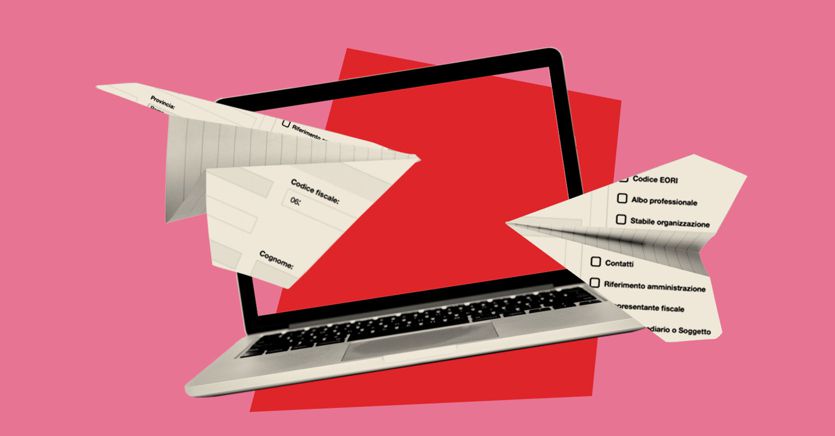The electronic invoice is increasingly proving to be a tool for monitoring the pulse of the economy in real time (or almost). But the purpose for which it was introduced in transactions between individuals (business to business and business to consumer) remains that of preventing and combating tax evasion.
Beyond the most accomplished judgments on the financial statements, the fact remains that having an arsenal of data relating to over 5 billion digital documents at home represents the cornerstone on which to build risk analyzes and predictive tools. Because having information on the entire supply chain can help the financial administration to reconstruct even the “holes” of non-invoicing. Also because the most widespread objection when the obligation started in 2019 was that those who did not invoice before, would not do it even later.
Electronic invoice for flat rates
Having said that, there are two aspects that still need to be considered. The obligation does not apply to all professional economic activities. And with the raising of the threshold of revenues or fees up to 65 thousand euros, the flat-rate scheme (or, as politics prefers to call it, the flat tax for VAT numbers) now has over 1.5 million subscribers. Fact «1 + 1», the result is that the Government is seriously considering extending the obligation of electronic invoicing to flat rates. Operation, however, bound to the green light of the EU Commission.
Loading…
A hypothesis already known and carefully evaluated by Parliament. On the one hand, in fact, last spring’s hearing of the Director General of Finance had made known the request made by the Executive to obtain the green light from Brussels both on the temporal extension of the obligation until the end of 2024 and on the enlargement of the stalls to the flat rate.
The tax reform broadens the perimeter
On the other hand, the Finance Committees of the Chamber and Senate have put pen to paper in the document at the end of June with the guidelines on the tax reform “the closure of the perimeter of the electronic invoicing obligation, extending it to all subjects currently exempted and the exclusion of possible exceptions to the obligation of electronic storage and telematic transmission of the daily payments (which replaces the obligations of registration of the payments) “.
Among the current exemptions there are flat rates but also amateur sports associations and clubs that in the previous period have obtained income from commercial activities for an amount not exceeding 65 thousand euros. While health operations deserve a separate discussion, for which the choice of exclusion is dictated by privacy reasons.
–


